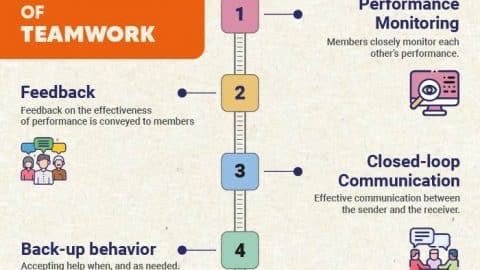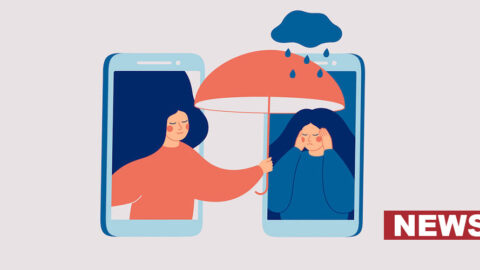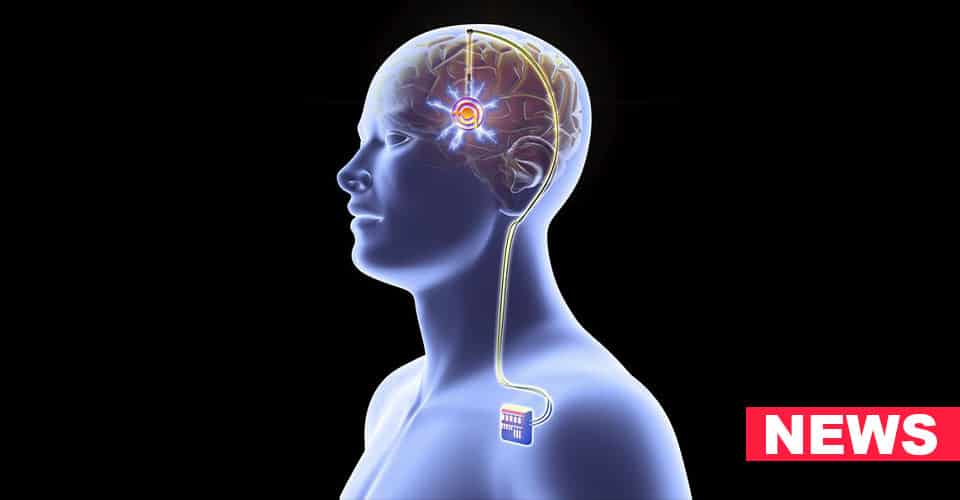In the modern workplace, the pressure to meet tight deadlines is a constant reality. As employees juggle various tasks and responsibilities, a phenomenon known as “time stress” has emerged, affecting workers across the board.
Recent studies have shed light on this prevalent issue, indicating that women, in particular, grapple with requesting deadline extensions at work, exacerbating the burden of time stress.
Understanding “Time Stress”
“Time stress” refers to the overwhelming pressure individuals experience when they are tasked with completing assignments or projects within tight timeframes. This stress can have adverse effects on mental well-being, productivity, and job satisfaction.
While it affects both men and women, recent research has exposed a gender disparity in how individuals navigate and communicate their time-related challenges at the workplace.
A series of studies conducted by workplace experts have unveiled a noteworthy gender disparity when it comes to requesting deadline extensions. The research indicates that women tend to struggle more than their male counterparts in seeking additional time to meet deadlines.
This pattern has raised concerns about the unequal burden placed on women in the workplace and the potential consequences for their mental health and job performance.
The Challenges Faced by Women
Several factors contribute to the challenges women face in requesting deadline extensions:
Societal Expectations: Traditional gender roles and societal expectations may influence women’s hesitancy to ask for extensions.
There is often a perceived pressure for women to excel in various aspects of their lives, including their careers, which can deter them from seeking help or accommodations.
Fear of Perceptions: Women may be concerned about how requesting an extension will be perceived by colleagues and superiors. The fear of being viewed as less competent or committed to their work can deter them from speaking up.
Communication Styles: Research suggests that women often employ different communication styles than men.
Women may be more inclined to use indirect language or downplay their difficulties, making it less apparent that they need additional time.
Work-Life Balance: Balancing work and personal responsibilities can be particularly challenging for women, especially those with caregiving responsibilities.
The struggle to meet deadlines while managing various roles and commitments can contribute to time stress.
The gender disparity in requesting deadline extensions has far-reaching consequences. It can exacerbate time stress for women, leading to heightened anxiety, burnout, and decreased job satisfaction.
Additionally, it perpetuates gender inequalities in the workplace, as women may face setbacks in their careers due to the challenges associated with time stress.
Recognizing and addressing the gender disparities in requesting deadline extensions is essential for creating a more equitable workplace. Employers and organizations can take the following steps:
- Promote Inclusivity: Foster a workplace culture that encourages open communication and inclusivity. Create an environment where all employees feel comfortable discussing their challenges and seeking support.
- Flexible Policies: Implement flexible policies that accommodate the diverse needs of employees. This includes offering options for extended deadlines and providing resources for time management and stress reduction.
- Training and Education: Offer training and educational programs that address gender biases and stereotypes in the workplace. Equip employees with the tools to challenge these biases and create a more equitable work environment.
- Mentorship and Support: Establish mentorship programs and support networks that can guide and empower women to advocate for themselves in the workplace.
The prevalence of “time stress” in today’s workplace is a shared challenge, but it disproportionately affects women due to societal expectations and communication dynamics.
Recognizing this issue and taking proactive steps to address it is crucial for creating a workplace that values inclusivity, equity, and the mental well-being of all employees.
By empowering women to seek extensions when needed and fostering an environment of support and understanding, organizations can work towards a more balanced and equitable future in the world of work.



























